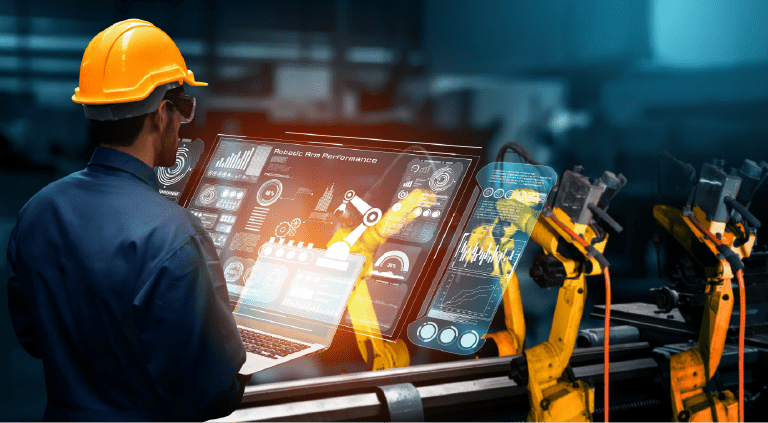In today’s rapidly evolving world, Industry 4.0 is the new frontier, where manufacturing and IT engineering converge to reshape industries. This revolution is driven by automation, big data, artificial intelligence (AI), and cloud computing. But what does this convergence really mean for businesses, and how can they harness its full potential?
The Rise of Industry 4.0
Industry 4.0 refers to the fourth industrial revolution. It’s marked by the integration of smart technologies into manufacturing processes. Robotics, the Internet of Things (IoT), and cloud computing are no longer buzzwords. They are transforming factories, allowing machines to communicate and make decisions without human input.
This convergence with IT engineering means that data is now a vital component of manufacturing. Machines are equipped with sensors that collect real-time information, which is processed through powerful cloud systems. This data helps companies make informed decisions, improving efficiency and reducing errors.
The Role of Cloud Computing
At the heart of this transformation is cloud computing. Traditionally, manufacturers relied on physical servers to store and process data. However, the cloud offers a more flexible, scalable, and cost-effective solution. It enables businesses to access real-time data from anywhere in the world, collaborate seamlessly, and scale their operations as needed.
With the cloud, companies can track production performance, predict maintenance needs, and reduce downtime. Plus, with cloud based employee monitoring software, businesses can monitor their workforce remotely, ensuring productivity and safety are never compromised. This shift is revolutionizing not only how products are made but also how teams work and collaborate.
Bridging the Gap: Manufacturing and IT Engineering
In the past, manufacturing and IT engineering operated in separate silos. Engineers designed machines, and IT teams focused on networking and software. But now, these two fields are increasingly intertwined. Today’s manufacturers need IT engineers who can develop and manage smart systems that control entire production lines.
Controlio, for instance, plays a key role in this convergence. It’s a cloud based employee monitoring software that helps manufacturers monitor their workforce across different locations. Controlio not only tracks employee activities but also integrates with machines and systems, ensuring seamless operations. It empowers manufacturers to optimize performance, track employee productivity, and ensure compliance.
Advantages of Industry 4.0
This convergence of manufacturing and IT brings several benefits:
- Enhanced productivity: Machines, powered by cloud computing and AI, can work 24/7 with minimal errors.
- Cost reduction: Automated processes reduce the need for manual labor, leading to lower operational costs.
- Increased agility: Real-time data allows companies to adapt quickly to market changes and customer demands.
- Improved safety: Through employee monitoring and machine learning, companies can ensure that workers are safe and equipment operates smoothly.
Conclusion
Industry 4.0 is not a distant future, it’s happening now. The convergence of manufacturing and IT engineering is creating smarter, more efficient factories. Powered by cloud computing and advanced tools like Controlio’s cloud based employee monitoring software, businesses can streamline operations, boost productivity, and stay ahead in an ever-changing market. As more companies embrace this revolution, it’s clear that the fusion of IT and manufacturing is paving the way for a more connected, intelligent, and responsive industry.

